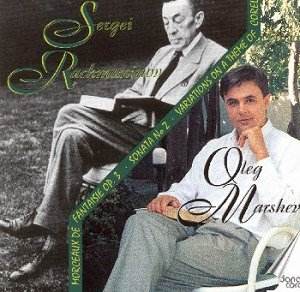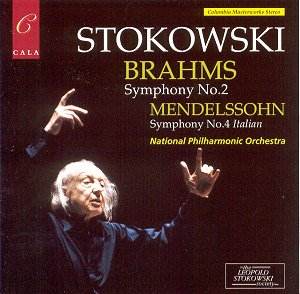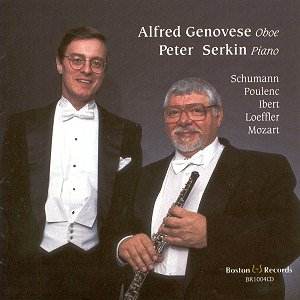 Composer: Sergei Rachmaninov
Composer: Sergei Rachmaninov
Works: Morceaux de Fantasie Op.3, Elégie in Eb minor, Prelude in C# minor, Mélodie in E major, Polichinelle, Sérénade in Bb minor, Piano Sonata No.2 in B flat minor Op.36 (revised version), Variations on a theme of Corelli Op.42
Performers: Oleg Marshev – piano
Recording: Recorded at the Concert Hall in Sønderborg, Denmark, April 1999
Label: Danacord DACOCD 525
Rachmaninov’s oeuvre, with its lush harmonies and emotive power, is a testament to the composer’s unique voice within the Russian canon of the early 20th century. This recording by Oleg Marshev offers a remarkable overview of Rachmaninov’s piano works, encapsulating nearly half a century of compositional evolution. From the youthful exuberance of the Morceaux de Fantasie Op.3 to the reflective maturity of the Variations on a Theme of Corelli, Marshev traverses a vast emotional and stylistic landscape that defines Rachmaninov’s musical identity.
Marshev’s interpretation of the Piano Sonata No.2, particularly the revised version, showcases a profound understanding of the work’s intricacies and contrasts. His ability to navigate the sonata’s virtuosic demands is striking; he imbues the opening movement with a dynamic range that captures both the driving energy and lyrical introspection inherent in the music. The climaxes are meticulously balanced, and the middle movement radiates a haunting beauty that is both meditative and expressive. The technical challenges are met with precision, yet it is his interpretation of dynamics that truly elevates the performance. The ebb and flow of tension in the outer movements is handled with exceptional finesse, allowing the listener to experience the full spectrum of Rachmaninov’s emotional palette.
The Morceaux de Fantasie, while often overshadowed by the more popular Prelude in C# minor, reveals Rachmaninov’s early maturity. Marshev’s treatment of the Elégie is particularly noteworthy; it encapsulates the composer’s preoccupation with death and nostalgia, reflecting a depth that belies its youthful origins. The opening theme resonates with a melancholic beauty, reminiscent of Tchaikovsky’s more introspective works. The Polichinelle, on the other hand, bursts forth with a frenetic energy, showcasing Marshev’s technical prowess through rapid octaves and intricate figurations. His interpretation does not shy away from the piece’s inherent virtuosity, transforming it into a delightful display of rhythmic vitality.
The Corelli Variations, composed during Rachmaninov’s later years, illustrate a stylistic shift towards a more streamlined and contemplative approach. Marshev adeptly captures this transition, emphasizing the work’s structural clarity while still honoring its lyrical essence. The opening theme, presented with a delicate touch, provides a stark contrast to the ensuing variations. Notably, his execution of the cadenza demonstrates not just technical skill but a deep interpretative insight, bridging the thematic material with an emotional resonance that lingers long after the final notes fade.
The recording quality is commendable, with a warm, natural sound that allows the nuances of Marshev’s playing to shine through. The engineering captures the full dynamic range of the piano, ensuring that both the delicate whispers and thunderous passages are rendered with clarity. This attention to sonic detail enriches the listening experience, drawing the audience closer to the emotional core of Rachmaninov’s music.
Marshev stands shoulder to shoulder with esteemed interpreters like Ashkenazy and Biret, offering a fresh perspective that revitalizes these well-trodden works. His ability to balance technical demands with emotional depth is a testament to his artistry. This recording is not simply another addition to the extensive discography of Rachmaninov’s piano music; it is a significant contribution that invites both seasoned listeners and newcomers to engage with the complexities of Rachmaninov’s art. The disc is a compelling exploration of one of the great pianistic voices of the 20th century, affirming Oleg Marshev’s place among the leading interpreters of Rachmaninov’s legacy.



